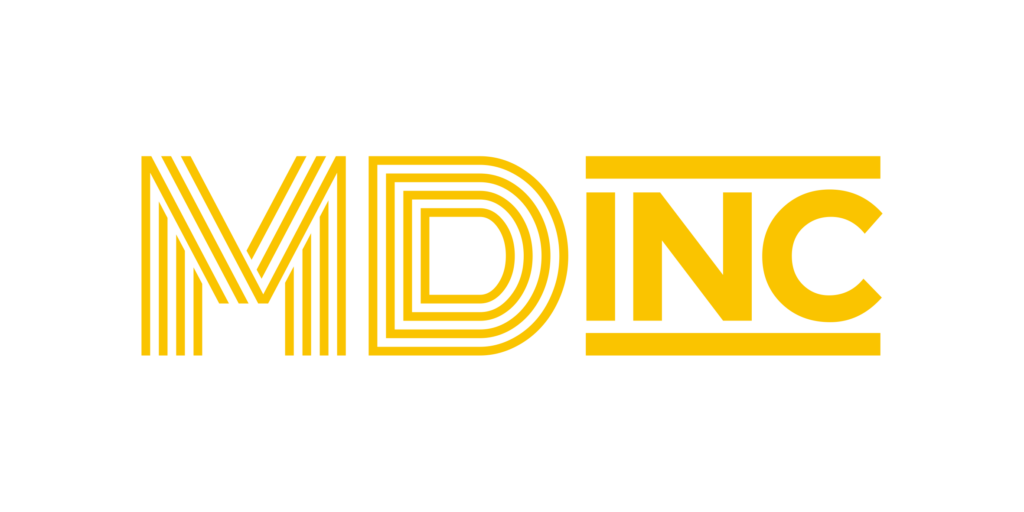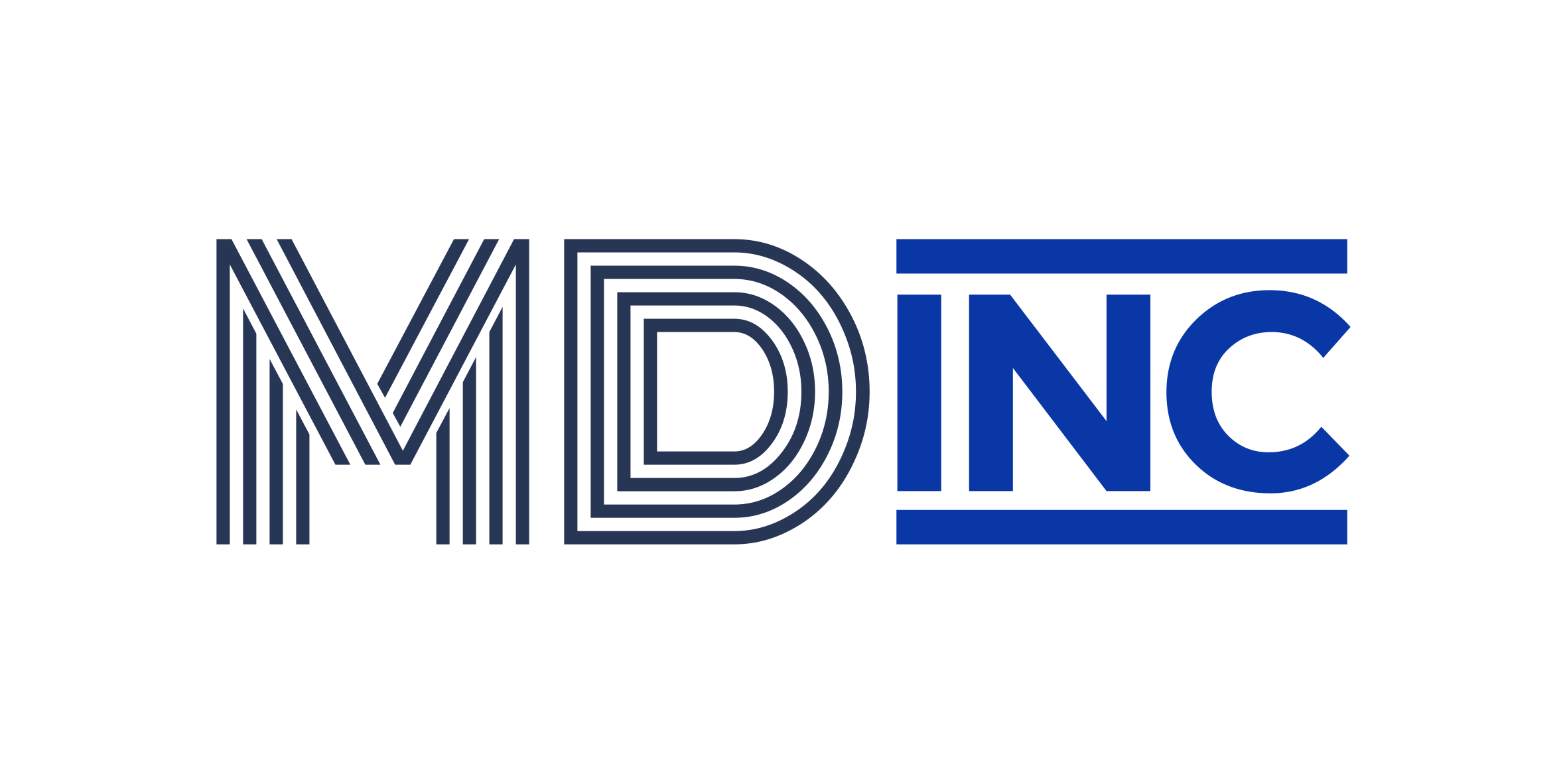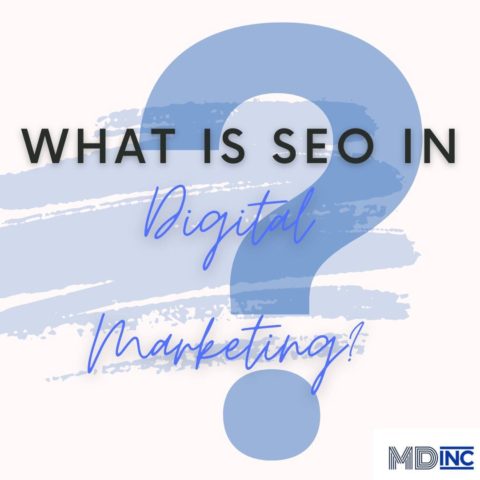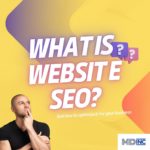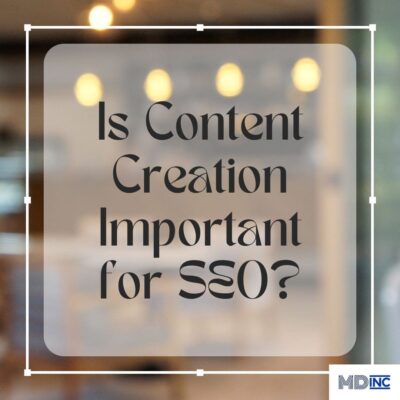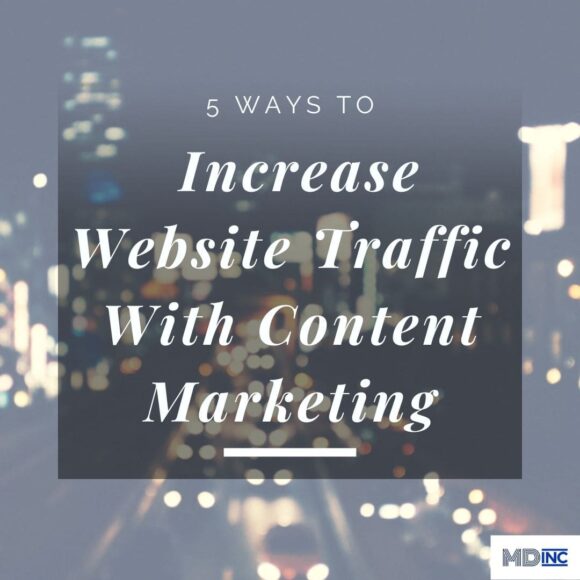What Is SEO in Digital Marketing?
In today’s competitive digital landscape, search engine optimization (SEO) is crucial in digital marketing strategies. It is a multifaceted process that aims to improve a website’s visibility and rankings on search engine results pages (SERPs). By implementing effective SEO techniques, businesses can increase their reach, attract more organic traffic, and convert prospects into customers. Read on to learn more about SEO in digital marketing, different types of SEO, and how to write SEO content.
Understanding SEO in Digital Marketing
SEO refers to optimizing a website to improve its visibility in organic search results. SEO and website optimization involve various techniques and strategies to enhance a website’s content, structure, and technical aspects, making it more attractive to users and search engines. The primary goal of SEO is to increase organic traffic and improve the website’s rankings on SERPs.
The Importance of SEO in Digital Marketing
SEO is a vital component of any digital marketing strategy. Here are some reasons why SEO is crucial for businesses:
- Boosts visibility and rankings. One of the primary objectives of SEO is to increase a website’s visibility in search results. Higher rankings lead to increased visibility, making it more likely for users to click on the website and explore its offerings.
- Drives organic traffic. SEO for eCommerce websites helps businesses attract organic traffic to their sites. By targeting relevant keywords and optimizing content, websites can rank higher in search results, resulting in more organic traffic.
- Establishes authority and credibility. A well-executed SEO strategy can establish a business as an authoritative and trustworthy source in its industry. Higher rankings on SERPs indicate to users and search engines that the website is reliable and offers valuable information.
- Gains a competitive edge. SEO can give businesses a competitive advantage by outranking competitors in search results, which can attract more visibility, traffic, and potential customers. A well-optimized website with high-quality content and a positive user experience stands out among competitors and positions the business as a leader in its industry.
- Maximizes ROI. SEO in digital marketing is a highly cost-effective strategy that offers a high return on investment (ROI). Unlike paid advertising, SEO efforts can generate organic traffic and leads even after initial optimization.
- Supports other digital marketing activities. SEO works synergistically with other digital marketing activities. It complements social media marketing, content marketing, email marketing, and other strategies by driving organic traffic to the website.
Key Elements of SEO in Digital Marketing
To effectively implement search engine optimization in marketing, businesses should focus on several key elements. These elements work together to optimize a website’s visibility, user experience, and search engine rankings. Some of these elements are listed below.
Keyword Research and Optimization
Keywords form the foundation of SEO. Effective keyword research involves identifying relevant search terms and phrases that users use to find information related to your business.
On-page SEO
What is website SEO? On-page SEO focuses on optimizing individual webpages to improve their visibility and relevance to search engines and users. It includes optimizing title tags, meta descriptions, header tags, URL structures, and internal linking. Of course, don’t forget the call to action — your content should inspire the reader to take action.
Off-page SEO
Off-page SEO refers to optimization techniques that occur outside of your website. The primary focus of off-page SEO is building high-quality backlinks from other reputable websites. Backlinks act as endorsements for your website, indicating to search engines that your content is valuable and trustworthy.
Technical SEO
Technical SEO in digital marketing involves optimizing the technical aspects of a website to improve its crawling, indexing, and overall performance. It includes optimizing website speed, mobile-friendliness, URL structures, site architecture, sitemaps, and schema markup.
Content Creation and Optimization
Content is a crucial aspect of SEO. Creating high-quality, relevant, and engaging content helps attract and retain users, encourages backlinks, and establishes authority in your industry.
Local SEO
Local SEO involves optimizing a website to appear in local search results, particularly for location-based queries. It includes optimizing Google My Business listings and creating location-specific content.
YouTube SEO
What is YouTube SEO? In addition to traditional website SEO, optimizing your YouTube channel and videos for search engines is crucial for video marketing success. YouTube SEO involves optimizing video titles, descriptions, tags, thumbnails, and closed captions.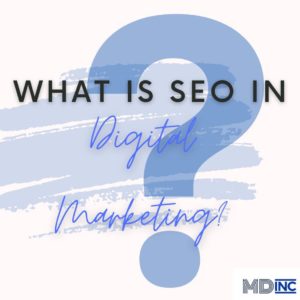
The Future of SEO in Digital Marketing
As technology and search algorithms continue to evolve, so does the field of SEO in digital marketing. Staying ahead of emerging trends and adapting to algorithm updates is crucial for maintaining a competitive edge. Some notable trends that may impact SEO in digital marketing include:
- Voice search optimization
- Mobile-first indexing
- Improved user experience (UX)
- Artificial intelligence and machine learning
Some of these new technologies are beginning to impact SEO in digital marketing already, and they are expected to grow within the coming years.
To learn more about how to use SEO in digital marketing or to get a quote for quality, SEO-driven website content and translation services, contact MD Inc. today to speak to a member of our staff.
